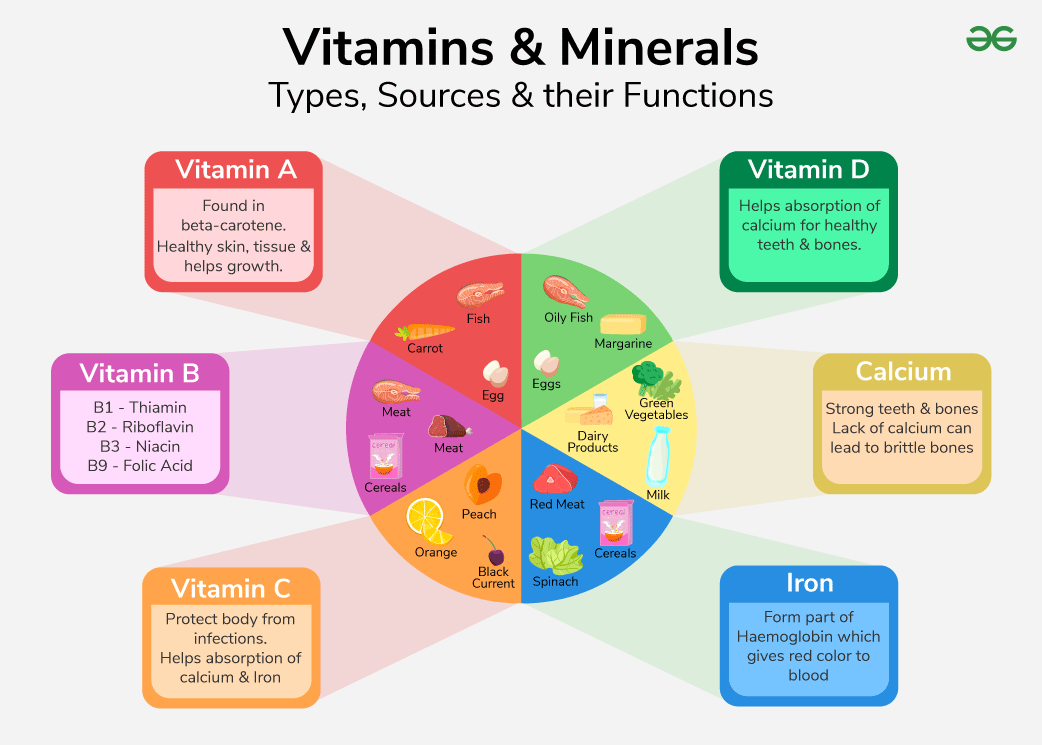In today’s fast-paced world, ensuring that our children receive proper nutrition is more important than ever. A key component of a child’s diet is vitamins and minerals, which play a crucial role in their growth and development. In this article, we will explore the importance of vitamins and minerals in child nutrition and how parents can ensure that their children are getting the necessary nutrients for healthy growth.
Why are Vitamins and Minerals Important for Child Nutrition?
Vitamins and minerals are essential nutrients that our bodies need in small quantities to function properly. They play a variety of roles in the body, including helping to build strong bones, support immune function, and convert food into energy. For children, getting enough vitamins and minerals is crucial for their growth and development.
Key Vitamins for Child Nutrition
There are several key vitamins that are important for children’s health. Vitamin D, for example, is essential for bone health and immune function. Children who are deficient in vitamin D may be at risk for rickets, a condition that causes weak and soft bones. Vitamin C is another important vitamin for children, as it helps to support their immune system and promotes healthy skin and gums.
Key Minerals for Child Nutrition
Minerals are also important for children’s health, as they play a key role in various bodily functions. Calcium, for example, is essential for building strong bones and teeth, while iron is important for healthy red blood cell production. Other important minerals for children include zinc, which supports immune function, and magnesium, which helps to regulate muscle and nerve function.
How to Ensure Your Child is Getting the Right Vitamins and Minerals
One of the best ways to ensure that your child is getting the right vitamins and minerals is to provide them with a balanced diet that includes a variety of foods. Fruits and vegetables are excellent sources of vitamins and minerals, so make sure to include plenty of these in your child’s diet. Additionally, whole grains, lean proteins, and dairy products can also help to ensure that your child is getting the nutrients they need.
If you are concerned that your child is not getting enough vitamins and minerals, you may want to consider giving them a multivitamin supplement. However, it is important to consult with your child’s pediatrician before adding any supplements to their diet, as some supplements may not be appropriate for children.
Conclusion
Vitamins and minerals play a crucial role in the overall health and development of children. By ensuring that your child is getting the right nutrients through a balanced diet, you can help to support their growth and development. If you have any concerns about your child’s nutrition, be sure to consult with their pediatrician for personalized recommendations.
Remember, a healthy diet rich in vitamins and minerals is key to ensuring that your child grows up strong and healthy. By making nutrition a priority in your child’s life, you can help to set them on the path to a lifetime of good health and well-being.
For more information on child nutrition and the role of vitamins and minerals, check out our other articles on healthy eating for kids.
